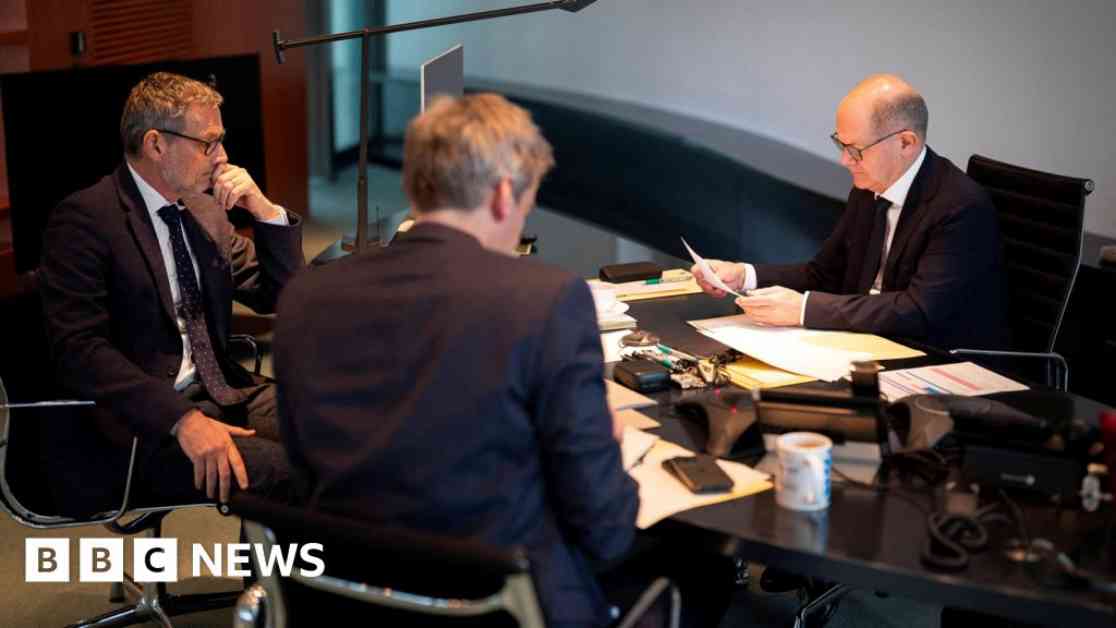German Chancellor Olaf Scholz recently had a serious conversation with Russian President Vladimir Putin about the escalated conflict in Ukraine. Scholz expressed his concerns about Russia deploying North Korean troops against Ukraine, calling it a “grave escalation.” He urged Putin to end the war and withdraw Russian troops from Ukraine. The Kremlin described their discussion as a “detailed and frank exchange of opinions” regarding the situation in Ukraine, emphasizing the importance of dialogue.
Ukrainian President Volodymyr Zelensky referred to the call between Scholz and Putin as opening a “Pandora’s box” and believed it weakened Putin’s isolation. Scholz condemned Russia’s attacks on Ukraine and emphasized Germany’s commitment to supporting Ukraine in its defensive struggle against Russian aggression. He particularly condemned Russian air strikes on civilian infrastructure.
The phone call lasted about an hour, and both leaders agreed to stay in contact. It was reported that the call was initiated by Germany. Scholz also communicated with Zelensky before and after the conversation with Putin, ensuring ongoing dialogue and coordination. Putin expressed to Scholz that Russian-German relations had deteriorated significantly due to the German government’s “unfriendly course.”
Putin insisted that any potential peace agreement must acknowledge the current territorial occupation by Russia in Ukraine and address the root causes of the conflict. He justified Russia’s invasion by accusing NATO of aggressive policies in eastern Europe. Scholz, on the other hand, emphasized the importance of negotiating a fair and lasting peace with Ukraine.
There is speculation that Scholz may also engage with Chinese President Xi Jinping, a lukewarm supporter of Russia, about the Ukrainian war at the upcoming G20 summit in Rio de Janeiro. The last time Scholz had a conversation with Putin was in December 2022, before the full invasion of Ukraine. Despite past assurances from Putin that Russia had no intention of invading Ukraine, the subsequent invasion shattered trust between Germany and Russia.
Germany has become a significant donor of military and financial aid to Ukraine, second only to the US. The majority of mainstream politicians and voters in Germany support aiding Ukraine, but pressure is mounting for serious peace negotiations to end the conflict, especially with upcoming elections in February. The far-right AfD and the new far-left populist BSW criticize the government for allegedly not doing enough to facilitate a peace deal.
Scholz’s governing coalition recently collapsed, and he now leads a minority government until the elections. His party’s popularity in the polls has dwindled. Germany has faced political and economic challenges due to the war in Ukraine, underscoring the importance of finding a resolution to the conflict. Any efforts by Scholz to contribute to ending the war could impact his political fortunes in the upcoming elections.
